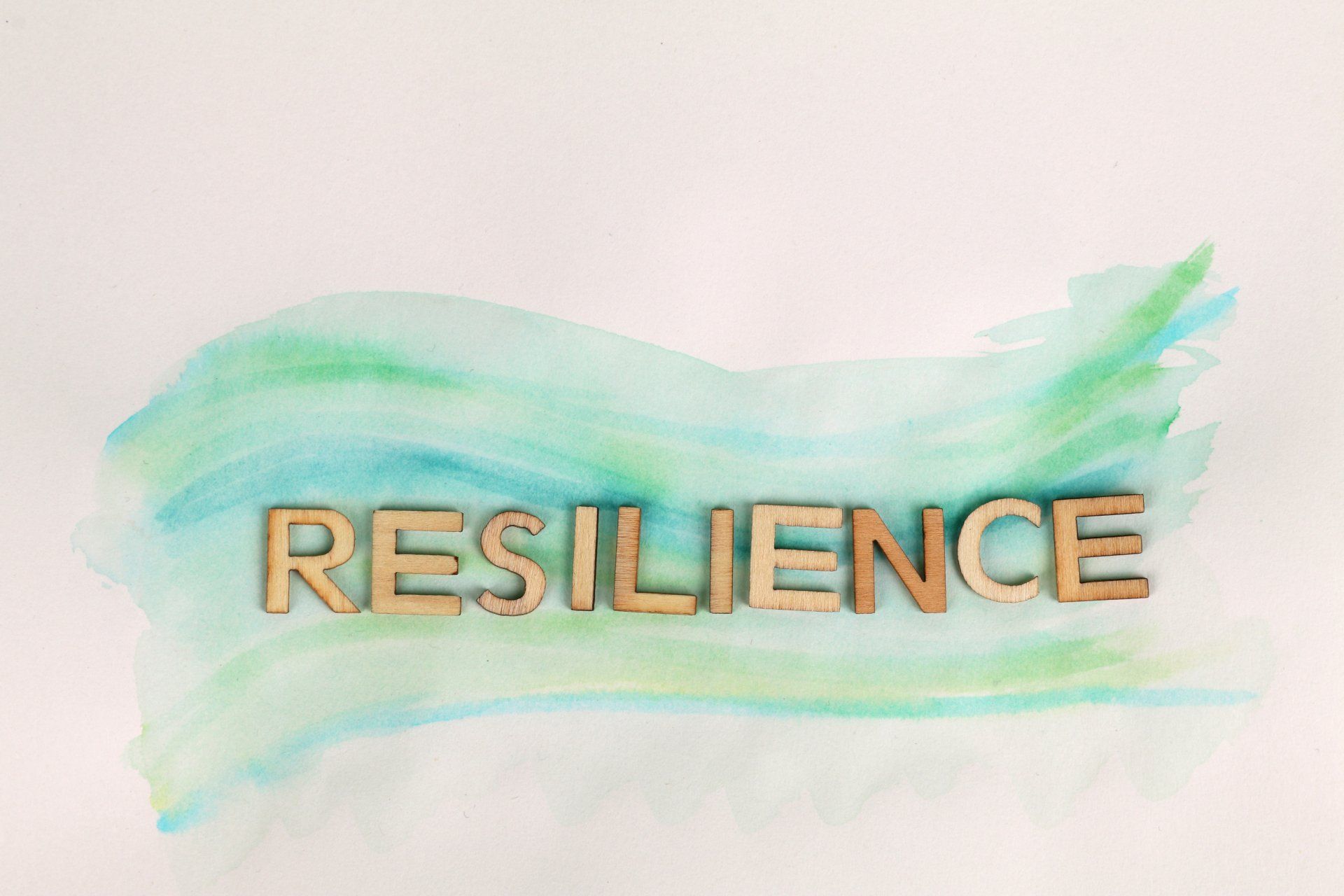How To: Handle Rejection
If you’ve never been on the end of a “thanks but no thanks” conversation, we need to pick your brain on how to achieve unicorn status because you’re a rarity.

Rejection is one of those things that you need to learn from and move on, especially when it comes to putting yourself out there for new opportunities, like job hunting.
Job hunting is a journey filled with highs and lows, and rejection is natural part of this adventure. When the job market is competitive (as it is now), understanding that rejection is not a reflection of personal worth is vital. If you’re unsuccessful when applying for a job, take it as an opportunity for self-reflection and improvement.
Feedback is a Gift
One of the keys to mastering the art of rejection is seeking constructive feedback. As a recruiter, I appreciate it when candidates are proactive in requesting feedback and taking my advice in the spirit in which it is intended. This shows a genuine interest in personal development and can often provide simple yet effective insights that can help you as a candidate with future applications.
Resilience is a Virtue
Let’s face it, being rejected isn’t a fun experience and it can feel like a real blow to your confidence but being able to pick yourself up and be ready to face a new day is a skill that is invaluable. Kiwis are known for their “can do” attitude, and applying this mindset to job seeking can make a significant difference. Build resilience by focusing on strengths, learning from setbacks, and embracing the journey as part of the process.
Networking and Support
New Zealand’s professional landscape thrives on relationships and networking can play a key role in overcoming rejection. Signing up to industry events, online forums, or local (relevant) meet-ups can open doors to new opportunities and connections. Engaging with a support network, whether that be friends, mentors, or industry peers, can provide interesting perspectives, emotional support, and encouragement when times get tough.
Adapt and Evolve
It can help to think of rejection as a detour not a dead-end because it allows you to adapt and evolve into an improved version of yourself. In the Kiwi spirit of innovation, job seekers can use rejection as a catalyst for refining skills, updating CVs, and exploring new ways to develop personally and professionally.
Embrace a Growth Mindset
A growth mindset is a powerful tool for everyday life, including facing rejection. If you can build on that resilience we talked about earlier and see challenges as opportunities, your growth will be unstoppable.
I know from my own experience that rejection isn’t an easy thing to face, and when all you’re getting back is the “thanks but no thanks” and even no response at all, I understand that you can start to feel like nothing good is coming your way. I also know that hindsight is a powerful thing and when you’ve landed yourself a role that ticks all your boxes, you can look back and realise that those rejections were probably just the universe getting you ready for where you’re supposed to be.
And just so you know, there will be times when you will be the one giving the “thanks but no” conversation so remember that you need to put yourself in the other’s shoes and handle it with kindness and compassion.
Ngā mihi nui


Contact Us
Have a question?We’re here to help. Send us a message and we’ll be in touch.










